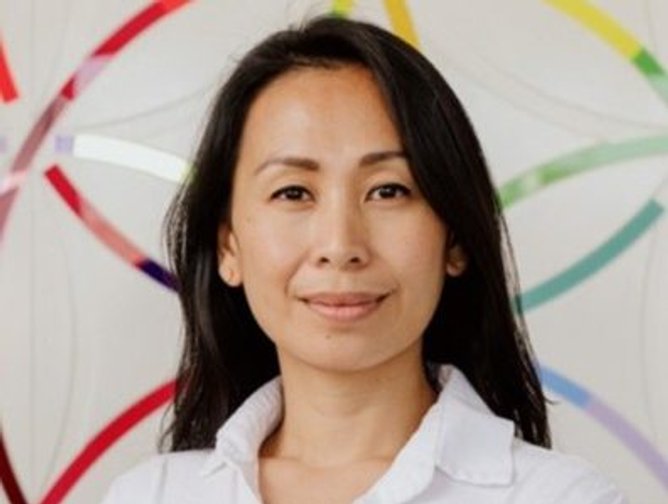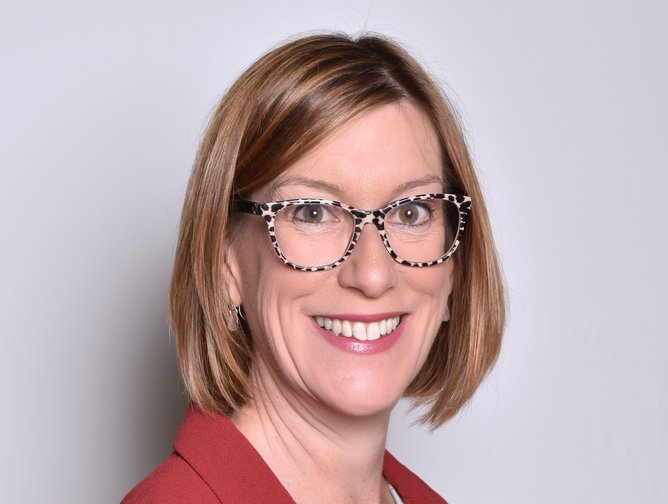Is the Healthcare System Failing People with Endometriosis?

The end of March marks the end of Endometriosis Awareness Month, which aims to spotlight the estimated 10% of women and people with cycles affected by endometriosis globally – and the 60% of those with the condition currently going undiagnosed.
Menstrual and reproductive health app and femtech Clue recently surveyed over 1200 of its members affected by endometriosis, revealing:
- 74% of respondents felt their symptoms were dismissed by healthcare providers, indicating a gap in diagnosis and support.
- 92% reported experiencing symptoms by the age of 30, but for 46% of respondents it took over five years to get diagnosed after first seeking help from their healthcare provider
- Respondents over the age of 40 had longer wait times and more confirmed diagnoses via laparoscopy, highlighting the need for other, non-surgical diagnostic tools to secure earlier diagnosis.
- 67% of respondents saw three or more healthcare providers to get a diagnosis, while 10% of respondents had to see more than 10 healthcare providers about their symptoms before being diagnosed.

“We constantly hear from our Clue community about how the healthcare system fails us when it comes to taking our menstrual and reproductive health experiences seriously – how it marginalises our pain, brushes off our symptoms, disregards our intelligence, and denies our agency,” shares Audrey Tsang, CEO of Clue.
“Our endometriosis survey results are another heartbreaking reminder of this reality.”
Stories revealed by the survey’s respondents included:
- “I was told all the negative stereotypes you can hear from misdiagnosed women: I’m imagining it, I should seek psychological help, the pain is not that bad.”
- “I was often told to ‘come back when you want to get pregnant’ or that surgery was ‘too invasive’.”
- “Prior to my diagnosis I thought it was in my head. Afterwards, the surgeon told me, it was everywhere and if I waited much longer I would have had to remove reproductive organs. I was fifteen.”
- “After waiting nearly 15 years, I was diagnosed with endometriosis – something I already knew deep down, but to hear the diagnosis after waking up in the recovery room… I cried tears of relief from the validation.”
- “[Tracking] helps me to validate my experience to my doctors. I can tell them that I have data points showing I experience daily pain.”
- “We need more research so badly. I don’t want any more women to suffer in silence like I did.”
“Centuries of bias and blindspots in medical research have contributed to conditions like endometriosis being so under-served,” Audrey continues.
“From our survey, the need and potential for non-invasive, accessible options to help support diagnosis is clear. While we wish the healthcare system didn’t require so much self-solving on the part of women and people with cycles, we know that self-tracking and being able to present that data to a healthcare provider helps make what can otherwise feel like an invisible and lonely experience, visible and actionable. Because tracking provides data, that data provides insight, and insight enables agency when it comes to our health.”
Insight from the experts: Sarah Smith, Hologic
Sarah Smith, Senior Marketing Manager, Gynaecology Surgical EMEA has worked at Hologic for over twenty years, beginning her role as Senior Marketing Manager EMEA in 2023.

Sarah sat down with Healthcare Digital to discuss the impact of Endometriosis Awareness Month.
Why is Endometriosis Awareness Month important?
Every March, Endometriosis Awareness Month provides a vital platform to address a condition that remains underdiagnosed and undertreated. It is not just a time to rally resources, educate the public and advocate for change, it's a beacon of hope for millions of women worldwide, shedding light on a condition that often lurks in the shadows of misunderstanding and misdiagnosis.
Endometriosis affects one in 10 women worldwide, yet the path to diagnosis is often long and fraught with obstacles. This delay not only exacerbates the physical and emotional toll on those experiencing the condition, but also underscores a larger issue in healthcare – the lack of focus on women’s health, the pervasive underestimation of women's pain and the need for more informed, patient-centric care.
In an era where women's health continues to be deprioritised, this awareness month is an opportunity to highlight the need for early detection, effective treatment and the broader implications of neglecting women's health conditions. It's also a time to challenge misconceptions and advocate for a healthcare system that recognises and addresses the unique needs of women.
Women's healthcare requires prioritisation, innovation and, crucially, the voices of those it serves at its heart. It is imperative to prioritise discussions between influential leaders, key stakeholders and policymakers in order to raise awareness and improve women’s health conditions, particularly through optimising the heavy menstrual bleeding (HMB) patient pathway.
It also needs industry commitment extending beyond technology and treatment to ensure that women are empowered to make informed decisions about their health. Initiatives, such as "Wear White Again", aimed at raising awareness of HMB, a condition that can severely impact a woman's quality of life, are needed.
Why is it important to prioritise women’s healthcare?
Empowering women to be at the centre of healthcare decisions is critical. Shared decision-making ensures that healthcare solutions are tailored to the individual's needs, acknowledging that women are the best advocates for their health when fully informed. This approach is essential in treating many conditions affecting women including endometriosis and HMB, where understanding and empathy can significantly affect outcomes.
The call to prioritise women’s healthcare is both urgent and clear, as highlighted in the annual Hologic Global Women’s Health Index (HGWHI), one of the most comprehensive initiatives measuring the state of health for 97% of the world’s women and girls aged 15 and older. It is important to track the progress of women’s health while also measuring and monitoring the behaviours and attitudes influencing women’s access to quality healthcare and understand the scale of the issue.
Recognising and addressing women's health issues with the seriousness they warrant is not merely a matter of acknowledgment, but for transformative action to ensure every woman receives the comprehensive care she deserves. A recent survey by Endometriosis UK underlines this. It revealed that diagnosis times for endometriosis in the UK have alarmingly increased to an average of 8 years and 10 months. This highlights the need for immediate action, research and policy changes.
Looking beyond awareness moments like International Women’s Day or Endometriosis Awareness Month, our focus must remain steadfast on developing solutions that address a spectrum of women's health needs, ensuring that every woman feels seen, heard and valued in her healthcare journey. It is only by working together that we can transform women's healthcare for the better.
**************
Make sure you check out the latest industry news and insights at Healthcare Digital and also sign up to our global conference series - Tech & AI LIVE 2024
**************
Healthcare Digital is a BizClik brand
*************






